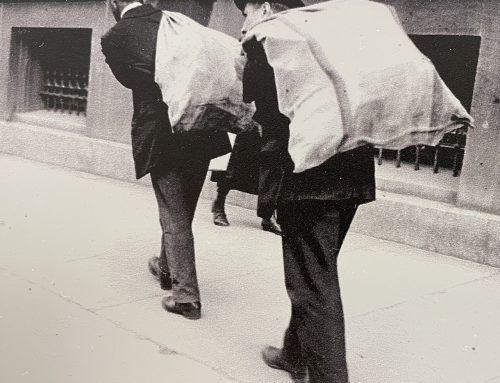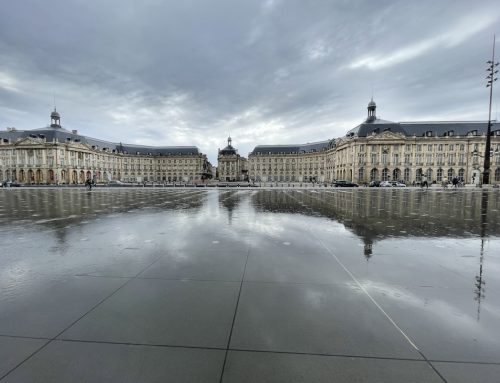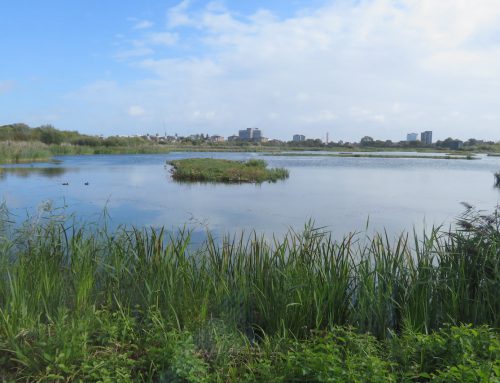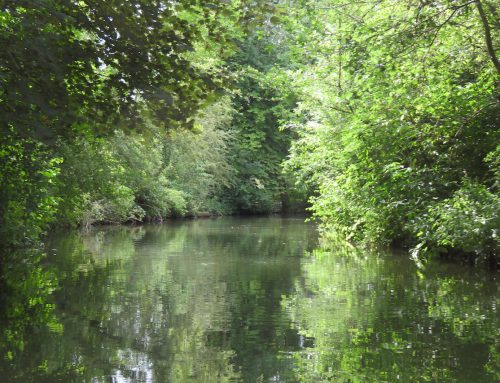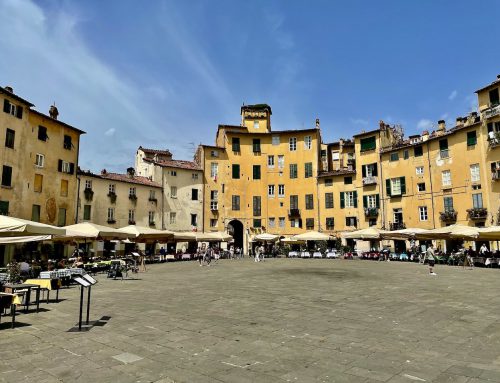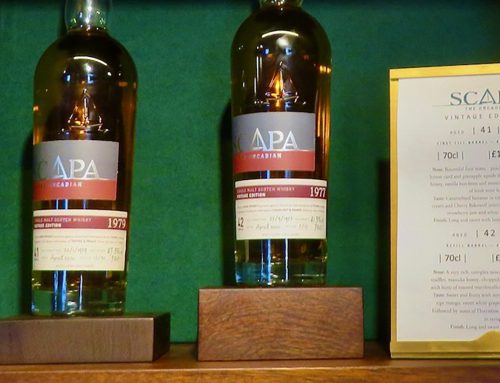Abdul and his mother
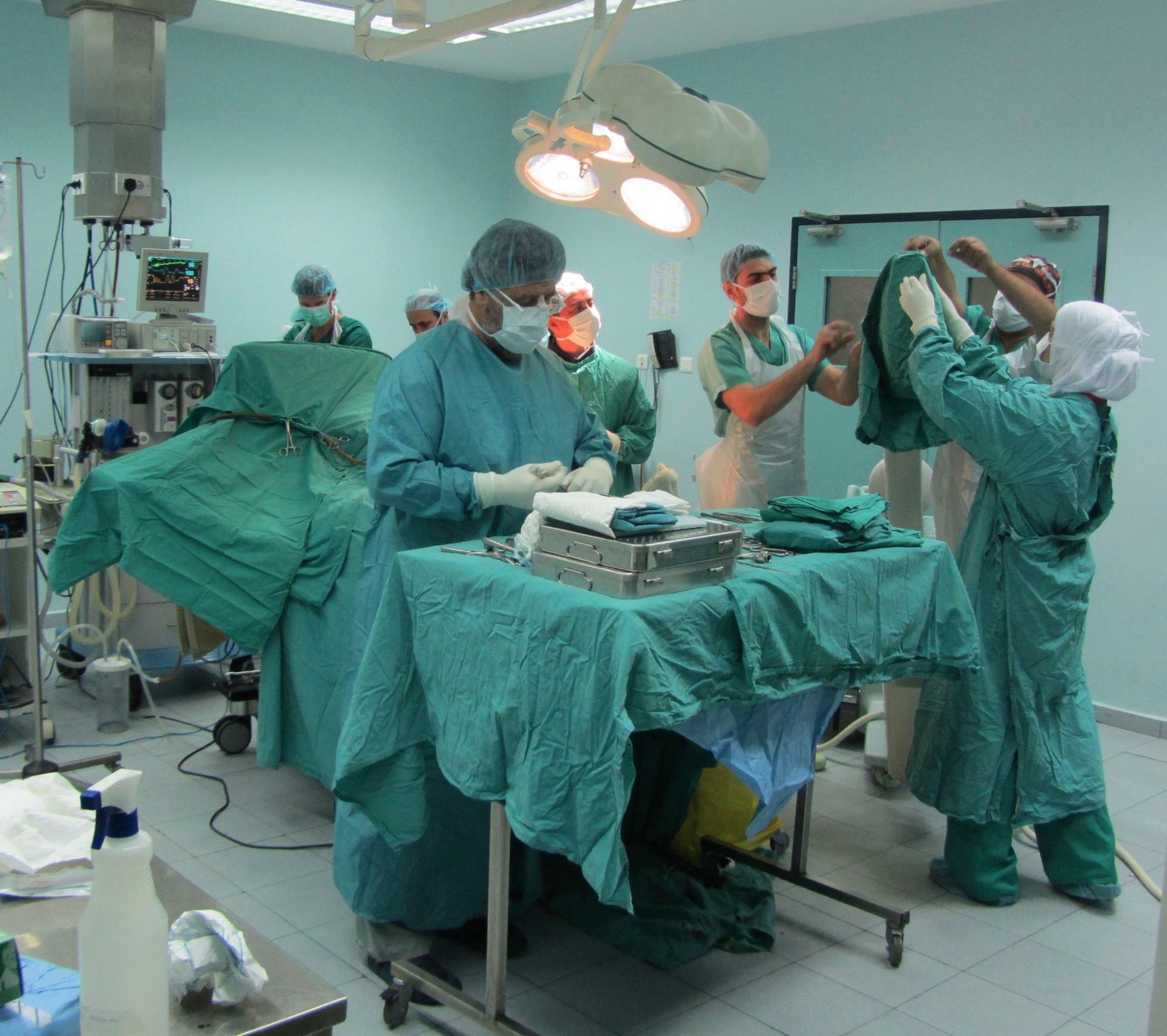
Surgery is due to start any moment now

Surgery is due to start any moment now
Tripoli, Lebanon
They say, as a doctor, you are a window on society. Nowhere is that truer than in war-torn Lebanon. Take one simple clinic, yes one and only one, and I wager the stories will change you forever.
I saw 20 patients yesterday, one by one they entered and one by one they left. There was not a soldier among them. Each was a civilian, each was defenceless, and each had been displaced by conflict many, many miles away. Aleppo, Damascus, Homs and places in between. The war in Syria has affected the world and seemingly without logic.
Take Abdul, I think he was patient number three. He arrived dressed in nothing other than rags, his burka-clad mother beside him. Abdul was only 27. And yet as I looked into his eyes I could see the glint of intelligence, the sparkle that rag-like clothes cannot hide. So it was no surprise to hear that Abdul had once been top of his University class in engineering, that he had been spotted by one of his country’s top firms for rapid promotion and that only a few years ago he had been on a roll. Until that fateful Tuesday, when the mortar shell landed; the shell that killed his father, his brother, his two sisters, and completely destroyed his house. Within moments everything Abdul possessed, everything he stood for, every ambition that lay within his young, once-fit, but still muscular frame, had been decimated.
Abdul had been fortunate to escape with his life as the single piece of shrapnel, no more than two centimetres square, had entered his left side, passed through his intestine, perforating it seven times, and lodged in his right hip. The joint had been shattered into a thousand pieces. At least it looked like a thousand on the half-torn and faded X-ray that he offered me in explanation. I do bones, you see, I do not do bellies. At least not if I can avoid them. Abdul’s belly had been handled by a field hospital nearer to his point of wounding, a hospital where two young Syrian doctors, neither much older than their patient and neither a fully trained surgeon, had done their best to patch and mend the new arrival’s gut. Abdul had been their fortieth patient that day. Forty individuals on the sorry conveyor belt of misery that forms the staple diet of a field emergency hospital, located in a tent, or a cellar, maybe the back of a burned-out bus, somewhere near the scene of the action. At least as near as you can guess the action might be, a guess that is so frequently conjecture.
You see there is no fairness in war, nor is there predictability. You can be trained, you can be alert, you might convince yourself you are a survivor. Yet war is the riskiest version of roulette you are ever likely to play. If that pilot above you decides it is time, if that young warrior points his RPG in your direction, or if the fundamentalist decides you are the opportunity, your life can change too, just like Abdul’s. It is a risk you run the moment you enter a conflict zone. Indeed, it is a risk we all run as the war creeps ever closer to our so-called civilised lands.
It took Abdul six months, four days, three hours and 18 minutes to reach me. More than half a year of struggling, escaping, and evading to cross the Syria-Lebanon border, his grief-struck mother beside him. The pair had journeyed by taxi, by stolen car, by foot and even by donkey. They had lived off the land, they had been robbed both at gunpoint and by machete, so by the time they had entered Lebanon all they had was gone, all that remained were memories and the pain in Abdul’s hip. For Abdul and his mother, their total existence was in the two plastic carrier bags, the sort a supermarket gives you, which his mother happened to be holding the moment the shell had struck. Somehow the bags had survived half a year of Hell. As I looked at Abdul in my clinic, I glanced also towards his mother. Through that tiny slit her burka allowed I could see the tears, of worry maybe, perhaps of relief.
As a medic, there are times you want to put an arm around a patient, or in this case Abdul’s mother, simply to show you understand. It just seems the natural way to behave. Yet in Lebanon I do that at my peril. There may be many Christians but there are Muslims, too. When in Rome you behave as a Roman. It is not the moment to change centuries of religious custom, nor should you try. So, all I have is my expression, perhaps my tone of voice, and definitely the care with which I am seen to examine a patient and give them time to speak. That much is universal. And yet with escapees like Abdul – yes, I call them escapees not refugees, as escape is what they have achieved - I am constantly surprised how little they say and how bottled up they have become. It is the trauma of war, for certain. War is not something of which you brag. How can you boast when all that remains of a once thriving existence are two battered and faded plastic bags?
Sadly, Abdul and his mother are two of many. There are hundreds like them, thousands, millions, maybe more. These are once-favoured people whose lives have been destroyed; so destroyed, so annihilated that nothing, absolutely nothing remains. I frequently ponder on how I might have handled such a situation had the jets been flying over London rather than Aleppo, Damascus or Homs. I realise that I most likely would have been found wanting, that despite increasing age and experience, the strength required to escape a war-riven Syria and to make it as far as me, let alone through Europe and beyond, is a strength that few possess.
No, these people are escapees, not refugees. They are the victims of definition, of classification and of our so-called civilised and more fortunate societies that so often turn their backs. I feel shame, we should each feel shame, as Abdul, his mother, and many millions like them, head towards our borders. The solution? I have no idea. The emotion? I have plenty.
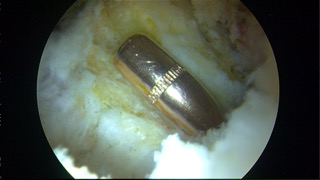
It is astonishing where bullets end up. We found this one deep inside a hip joint.

